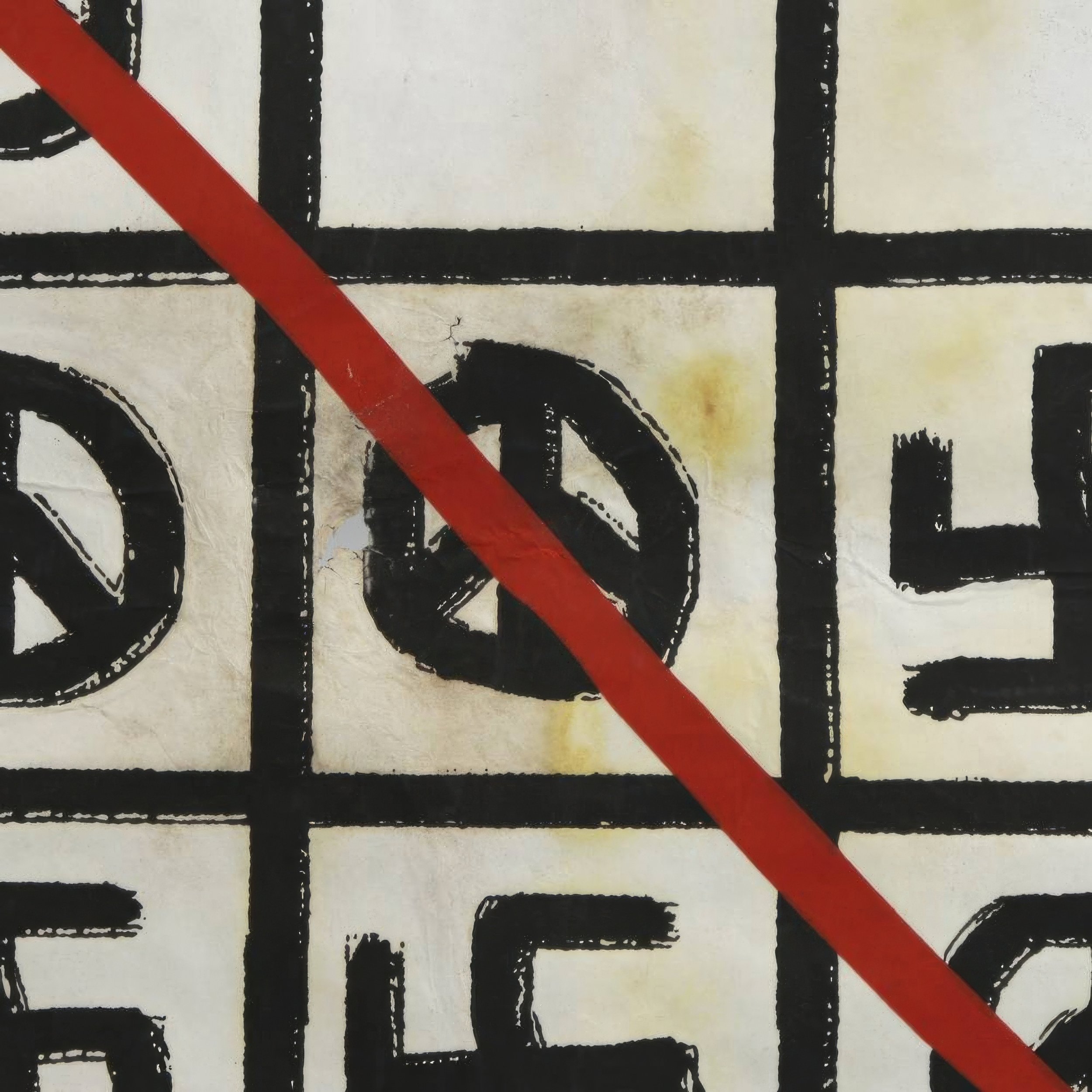
Censorship: Elvis, Shostakovich and Silent Voices
March 15
12:00pm
Primitive, 4th floor
Concert Program
Can’t Help Falling in Love
Peretti/Creatore/Weiss
Andante con moto Allegro furioso Andante Allegro gaio
Erwin Schulhoff
Concertino arr. flute, viola, and cello
String Quartet No. 8 in C minor, Op. 110
Largo Allegro molto Allegretto Largo Largo
Dmitri Shostakovich
Perennially struggling against the Soviet state, Shostakovich’s eighth string quartet, like much of his work, is an expression of his feelings about stalinist russia.
This particular work was created after he had finally relented and joined the communist party. The work is dedicated "In memory of victims of fascism and war" but is rumoured to be privately dedicated to himself and/or to all victims of totalitarianism. Shostakovich was so despondent over the control the soviet government had over him that he was supposedly contemplating ending his life, with this work being intended as his epitaph. While not a new idea, the 20th century saw a surge in the relationship between politics and art. In contrast to Shostakovich's resistance against his government, Elvis undeniably pushed cultural boundaries surrounding sexuality that created a substantial backlash to his music and style, and was often censored from TV. While Elvis’ work ultimately found acceptance, some artists, like Erwin Schulhoff, were overtaken by their circumstances and silenced, as Schulhoff’s life was cut short; he passed away at the age of 48 in the Nazi's Wülzburg prison camp, a victim of the Holocaust. Cuban Serigraph Posters
These are two examples of art made in Cuba during the regime of the Castro government that the government ultimately censored before preventing their reproduction altogether.

